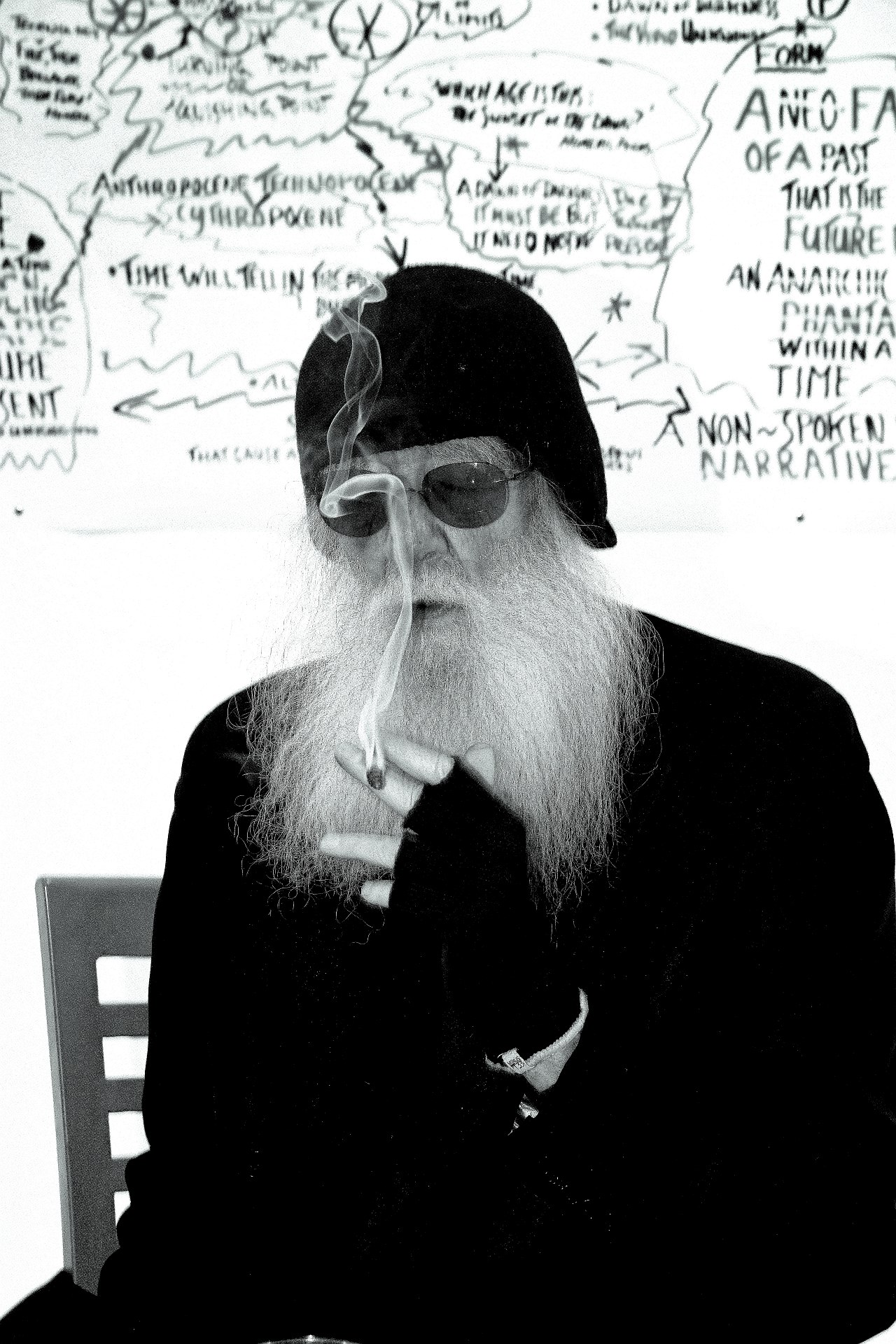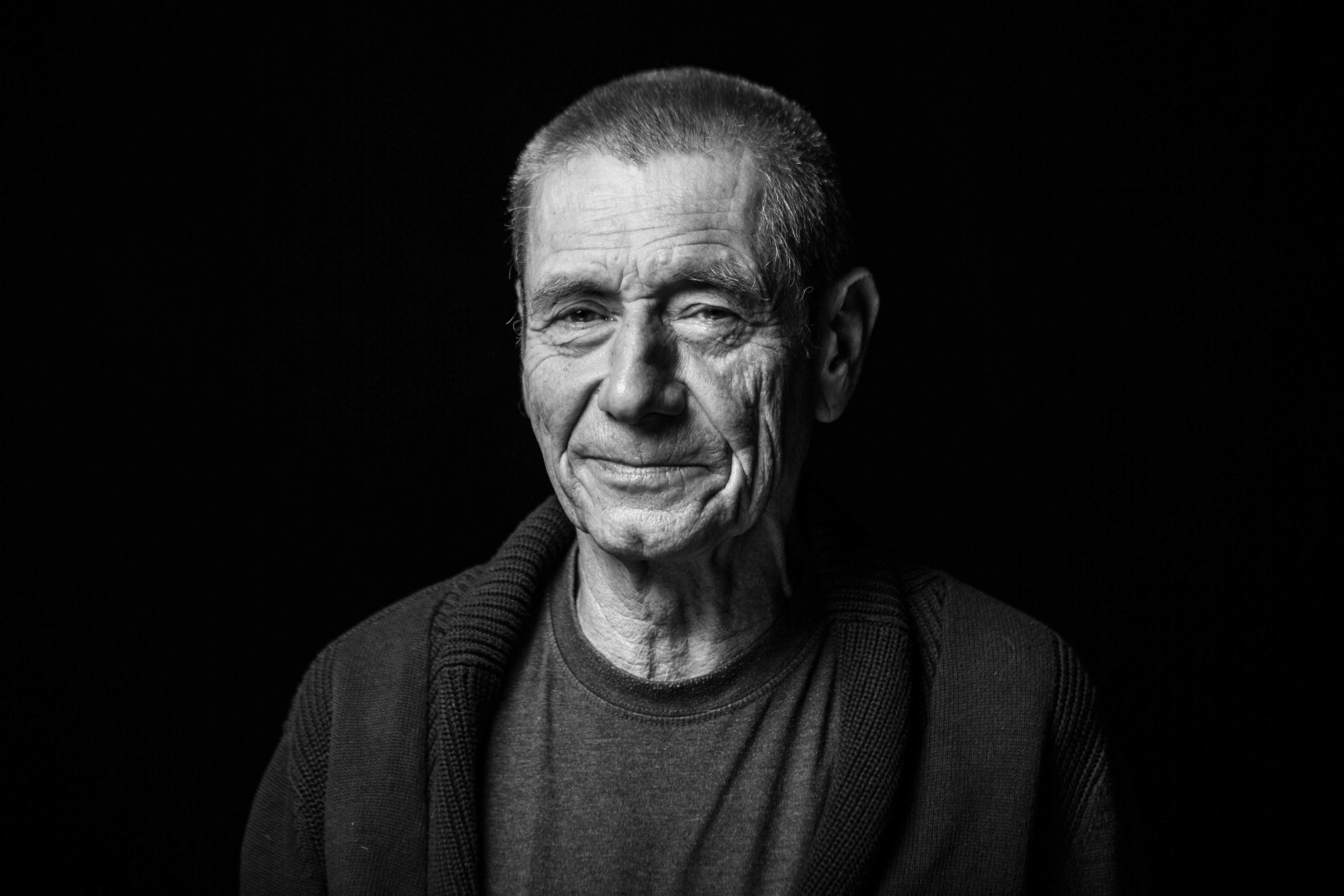Dragon of Dragons
Jacek Petrycki and Godfrey Reggio win the Dragon of Dragons award
Jacek Petrycki (born 1948 in Poznań) is a graduate of the Film School in Łódź and a highly regarded Polish cinematographer and director of documentary films. He is the cinematographer behind many acclaimed feature and documentary films, including 89 mm from Europe, The Visit, Workshop Exercises by Marcel Łoziński, First Love, Talking Heads, and Camera Buff by Krzysztof Kieślowski, as well as Agnieszka Holland’s Fever and A Woman Alone. Since 1987, he has collaborated with British television channels Channel 4 and the BBC.
He is a recipient of several awards, including a BAFTA for Clive Gordon’s The Betrayed, a Golden Frog for Kasia Adamik’s The Offsiders, and multiple distinctions at the Krakow Film Festival. He was also nominated for the European Film Award for Yeşim Ustaoğlu’s Journey to the Sun.
Petrycki is a realist with an extraordinary talent for noticing poetry in everyday life. Whether in documentary or feature films, he approaches cinematography with a documentarian’s eye. He isn’t afraid of tackling difficult subjects; in one interview, he admitted that in documentaries, sometimes one must address frightening realities, and if it serves a purpose, it cannot be avoided. Throughout his career, he has not only honed his skills in cinematography but has also contributed to promoting Polish documentary cinema on the international stage. His passion for cinema and unique perspective on the world make him a respected cinematographer and outstanding educator.
Read the article by Tadeusz Lubelski: “Jacek Petrycki Touch”


Godfrey Reggio (born 1940 in New Orleans) is a pioneer of cinematic form, a creator of poetic images of extraordinary emotional impact. At the age of fourteen, he voluntarily joined the enclosed order of the Christian Brothers. He prayed, remained silent, fasted, and lived a life of asceticism for several years. In the 1960s, he co-founded La Clinica de la Gente, a medical and dental care centre for the poorest, and the Young Citizens for Action organization, where he volunteered on the streets of Santa Fe. Before turning thirty, he left the brotherhood and became interested in the nature of imagery and film.
In 1972, he established the non-profit Institute for Regional Education and – two years later – the American Civil Liberties Union. He protested against media manipulation, social engineering, subliminal advertising, and privacy infringements. Reggio promoted environmental awareness and a return to lost spirituality. He believed that idealism is the most practical thing in life.
During the production of educational short films, he met cinematographer Ron Fricke, and soon after, composer Philip Glass joined their duo. Together, they created the renowned Qatsi Trilogy and collaborated on Reggio’s subsequent films like Anima Mundi and Visitors.
Read the article by Marcin Borchardt “About the world out of balance”